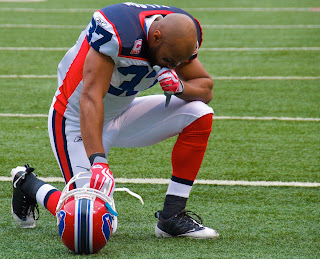Sociology is like Town Plan Analysis

During my A Level studies, my Geography class went to Chester (a northern city of the UK) for a week of fieldwork. One of the key aspects we studied was the historical determinants of the present day town plan. We considered how the raw materials present in the locality, as well as the depth and navigability of the River Dee, helped to make the site a good one for initial settlement. We discovered how the walls built by the Romans had enabled and constrained the development of the settlement. We thought about how the Mediaeval additions were in part informed by what their Roman predecessors had left behind, and how they added to the existing spaces with their own built structures. This process of remoulding and remaking the built environment continues to to the present day, presenting us with the modern, taken-for-granted forms of the cities and towns in which we dwell. Braun's map of Chester (1571) from http://chesterwalls.info/gallery/oldmaps/index.html Our A Level class ...







